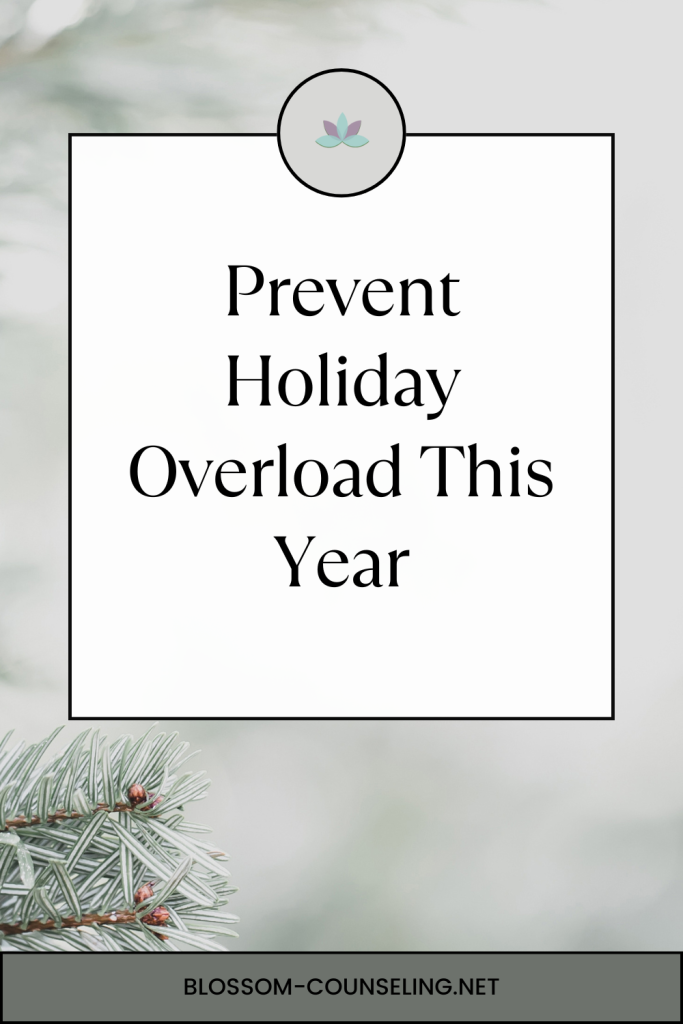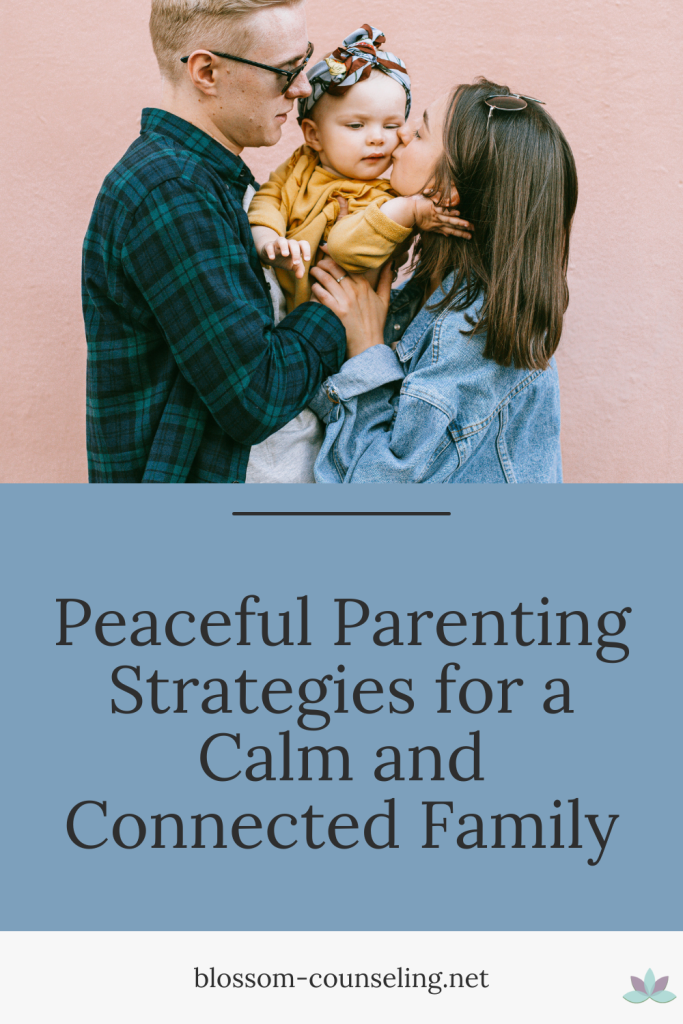
One of the most difficult things to manage in our relationships is our feelings of anger. In fact, it may be the most troublesome emotion to work through for all of us. We all know how much damage we do to all our relationships when we express our anger without thinking it through first, and when the anger has passed, we feel the deep shame and regret for the pain we caused those we love. We also know how much pain other people’s anger has caused us. We hold on to old hurts for years and even when the acute pain of the mean-spirited remark has receded from our consciousness, the memory can easily be retrieved when similar hurtful things are said in the future.
Not only are our relationships with our partners often broken by our anger, we hurt our children, our friends, our co-workers and even people we don’t even know by venting our anger without filters. If your relationships matter to you, it is important to work on your expression of anger in your relationships.
I would like to suggest some basic ways to deal with your anger:
The first thing is that it is important to recognize that everyone gets angry. The Dalai Lama has written about his own anger and says he wouldn’t be human if he didn’t feel anger. It is important that you don’t judge yourself for feeling angry. All of your feelings are what they are. Feelings. You are allowed to be angry. When you try to tell yourself you shouldn’t be angry or that you are wrong for feeling angry, you are just lying to yourself, stuffing your real feelings and making the anger worse. What you may not realize, your feelings are expressed regardless of your attempts to stuff them. Those angry feelings might come out in resentment or sarcasm or avoidance, but they are going to be expressed whether you acknowledge what you are truly feeling or not.
It’s important to acknowledge the feelings to yourself. Feel the feelings in your body. Sit with the feelings. “Yup, I am really angry about this….”. It’s okay! I like to have a little internal dialogue with myself that goes something like this…”whoa, wow, I am really angry. That person is such a jerk! That was outrageous! That really hurts me. Why would they hurt me? Why would they say that? I feel so much anger inside right now, I feel like screaming! My feelings are so hurt. I am so confused,” etc.
Do this in your head! Do nothing but stop, notice what you are feeling, thinking and experiencing. Pay attention to what you are feeling in your body. Are your fists clenched? Is your jaw tight? Are you grinding your teeth? Is your stomach in a knot? Do you feel tightness in your chest? Breathe into those parts, focus on relaxing those tight places. Take three deep breaths…down into your abdomen, drop your shoulders, unclench your teeth…take 7 seconds to breath in…4 to let the breath out. Do this 3 times…
Okay, if you made it through that part, I want you to give yourself a pat on the back or a “way to go”! You have already done half the work and you deserve a compliment for taking that pause.
So now what? Well, here’s the hard part. You have felt the anger. What do you do now? The hardest part with anger is managing your actions. You cannot stop yourself from feeling angry, but you bear 100% of the responsibility for how and if you express those feelings. If you choose to express them, try to do so carefully.
Communicate your anger matter-of-factly. Simply say what you are angry about in a strong manner, without judgment or making demands. If you verbalize your frustration in a harsh tone or express your wants as demands, you will most likely provoke an angry response that will escalate the situation.
Here’s the formula: Describe the situation – “When you didn’t call me when you said you would…”; when you made fun of me in front of my mom…”; “when you broke my special china bowl…”
Then describe how you felt. “When you didn’t call me when you said you would, I was worried that something had happened and I was also angry because I felt like I wasn’t important to you.” Be specific about the reasons you are angry. For example, describe your frustration, hurt, or disappointment.
Try to avoid implying that your partner is responsible for your angry feelings. Try to imagine that they didn’t know how frightened you were or how hurt you would be. Give them the benefit of the doubt.
When you are so angry that you want to call your partner every hurtful name in the book, don’t. When you want to make your partner squirm, don’t. When you want nothing more than to inflict pain and make your partner’s life pure hell, don’t. You can talk about these feelings without acting them out: “I want to hurt you. I want to humiliate you. I want to cause you pain! I want to say horrible, mean things about you! I want to punish you!” But do not act these feelings out.
You’ve probably heard this before, but I’ll say it again: avoid saying “you always” or “you never”. You are focusing on what you felt, and no one always or never does anything.
Finally, try to suggest a way that they might be able improve their behavior or handle something differently in the future. You can say you believe they didn’t meant to intentionally upset you, but now that you have explained that this behavior is hurtful to you, you are hoping your partner will make an effort not to do it again. Acknowledge you know that change is hard; that they are not perfect; they may make a mistake again, but you love them and hope they will make the effort to change and care about your feelings.
It will take a lot of practice to express your anger in a healthier way, just as it will take effort for your partner to listen and accept what you are saying, but this can be a good beginning toward talking about difficult feelings and making it easier to come closer to your partner.
|
|




